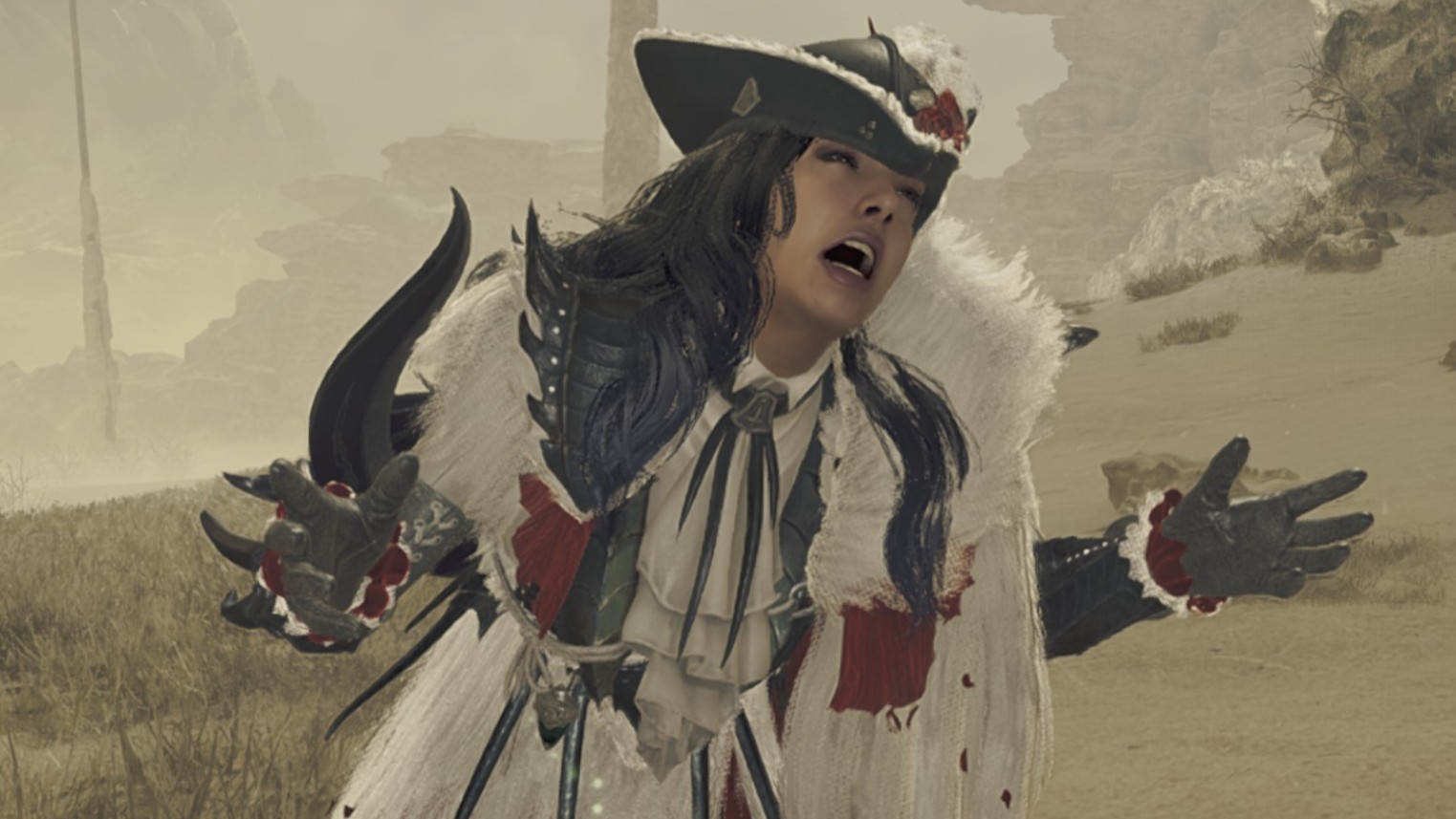Over half of Japanes…

As reported by Automaton, a survey conducted by the Computer Entertainment Supplier’s Association (CESA) during June and July found that 51% of Japanese game companies are using AI in some capacity. The survey responses came from CESA member companies, which include the likes of Capcom, Level-5, Square Enix, Sega, and many more spanning major developers and indies alike.
The respondents reported using AI for generating visual game assets, story and text generation, and programming assistance. Additionally, 32% of CESA member companies also reported that they are using AI to help develop in-house game engines.
There’s been a lot of high-level discussion and grand statements about generative AI’s potential use in gaming, but it’s surprising just how much of a foothold it already has, at least in Japan. Some CESA members have been open about using AI, as Automaton points out, including Level-5 and Capcom. For instance, Level-5 is using it pretty extensively in everything from visual upscaling to character creation to code generation.
The potential uses for generative AI in gaming vary drastically, though, just like opinions on it. Using AI to speed up repetitive coding or animation tasks is one frequently cited use case, but the idea of using it to “replace” human artists has proven incredibly controversial.
That controversy is probably why some game companies aren’t embracing the tech yet. For instance, Nintendo has said it’s steering clear of generative AI for the time being, citing copyright concerns—an admirable bit of internal consistency from the fiercely litigious company. Other major players have spoken up about adopting this technology responsibly and protecting the human element in game development, like Larian Studios CEO Swen Vincke.
Vincke laid out his view on AI in an interview with IGN last year, explaining, “So my stance on AI is really straightforward. It is a tool that we use to help us do things faster. We have so much work that we’re happy to take assistance from anything. I don’t think it’ll ever replace [the] creative side of things.” He went on to state that his team had recently hired 15 new concept artists to solve a bottleneck, rather than using AI.
